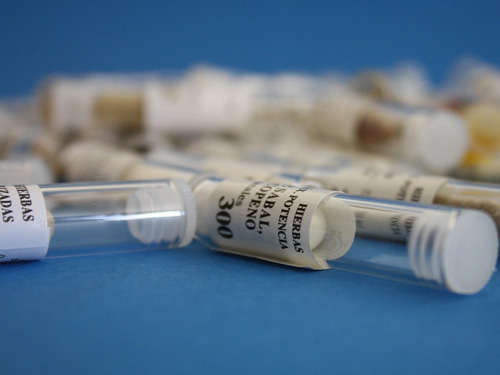
As the Mental Health Parity and Addiction Equity Act and its extension in the Affordable Care Act are implemented, demand for substance use treatment is likely to increase. However, there are only so many counselors and there are limitations on where, when, and how they can meet with clients.
The addition of technology to a treatment plan can help patients and care providers overcome these obstacles and make treatments much more effective. There are a variety of programs available, and each works in different ways.
Therapeutic Education System (TES)
This is a web based and self-directed interactive education program for patients struggling with substance abuse. One program by Lisa A. Marsch, Phd, Director of the Center for Technology and Behavioral Health at the Dartmouth Psychiatric Research Center is being tested as a companion to community based outpatient therapy.
The program uses computer simulated real-world “what if” type scenarios presented in video format. For example, a video about saying no to drugs shows a young woman refusing drugs offered by a group of friends. The girl says the right things but does not display convincing body language. The program instructs the user to re-watch the video, paying particular attention to the young woman’s body language, and encourages him or her to make eye contact to show resolve while saying no.
“Using technology can improve substance abuse prevention and treatment in a way that is cost-effective and increases reach to new target audiences,” she says. “We want to expand clinicians’ toolbox, so they can have more tools that can be accessed in a wide array of settings by diverse populations.”1
Computer Based Cognitive Behavioural Therapy (CBT)
Cognitive Behavioral Therapy (CBT) introduces patients to core concepts such as understanding and changing patterns of substance use, coping with cravings, refusing offers of drugs and alcohol, and improving problem-solving and decision making skills. Therapists are now using computers to help them accomplish these goals. One such system was tested by Kathleen Carroll and colleagues at Yale. It uses a six game module based on a previously proven CBT model. The percentage of patients who were able to remain abstinent from cocaine use for a significant period (three weeks or more) was at 36 percent for the computer based training group versus 17 percent for the group without computer assistance.
“Imagine the counselor being able to offload the routine stuff to a computer and just handling the things that humans are really good at,” says Warren Bickel, a professor at the Virginia Tech Carilion Research Institute. “Coming up with creative solutions and developing new, tailored strategies.”2
Addiction–Comprehensive Health Enhancement Support System (A-CHESS)
In general, patients leaving in-patient rehabilitation centers for alcohol abuse do not get comprehensive aftercare despite how frequently patients relapse during the first year of sobriety. David Gustafson and colleagues from the University of Wisconsin developed a smartphone app called Addiction-Comprehensive Health Enhancement Support System (A-CHESS) that offers ongoing support to patients on their phones 24/7. The app has static components like guided meditation. It also includes dynamic features triggered by GPS that send a message to the user if they are close to a bar, liquor store, or other place designated as “high risk.” The app will ask if they really want to be there.
In one study, patients randomly received usual care or usual care plus A-CHESS. The addition of the app improved a number of clinical outcomes. The significance of these outcomes increases the longer the app is used. At 4 months A-CHESS users are 8 percent more likely to still be abstinent when compared to those receiving typical care. While this is not considered to be statistically significant, by 12 months A-CHESS users are 12 percent more likely to be sober. This percentage is considered to be both statistically and clinically significant.3
As technology evolves, those who treat addiction will be able to use it to reach their patients in new ways through education and real-time interventions. But computer programs have their limitations. They still must be distributed to patients who have to be educated on their use.
“In the field of substance abuse, we haven’t really taken advantage of all the benefits technology can provide,” Warren Bickel said. Students who obtain online degrees in counseling such as those offered by Wake Forest University will learn to assist individuals on their path to recovery using traditional counseling, making them well positioned for further training in the use of these technology applications.
Sources:
2https://research.vtc.vt.edu/news/2014/aug/19/treating-addiction-technology/
3https://www.rehabs.com/pro-talk-articles/will-technology-change-the-future-of-addiction-treatment/
